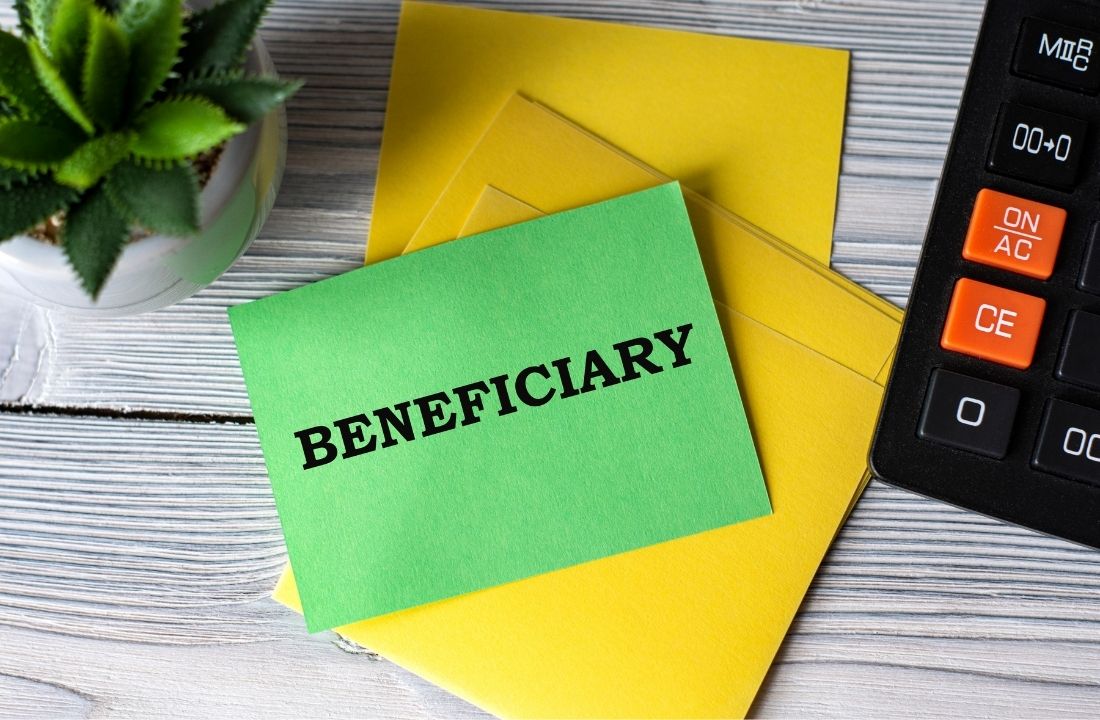How to Make a Will and an Estate Plan

Estate planning and preparation will also be essential in appropriately planning for your belongings and family after your death. Estate planning cannot be associated with the wealthy only; it has to do with planning after one has passed. In this article, you will learn instructions on preparing the will and estate so that everything is correct and you won't have sad thoughts.
1. Read all about the Relevance of a Will and Estate Plan

A will and estate plan help determine how your property will be divided and who will administer your property after your demise. In its absence, they are likely to hand down your property as per the state's laws, something you might not like. It also assists in reducing tax implications, achieving the best protection of relatives, and providing medical and financial choices in case of a personal disability.
2. List Your Assets and Debts
As you prepare to develop a will, first choose to write a plan of the property and liabilities owned. It entails houses, accounts, stocks, pensions, and other valuable assets, personal belongings, and household goods. In the same light, where one has outstanding loans such as house mortgages, among others, should also be disclosed. It is beneficial in assessing the external nature of your liabilities and identifying what within your property portfolio needs to be addressed in an estate plan.
3. Choose an Executor
Selecting an executor is one of the most critical choices when drawing up a will and estate plan. This person is entitled to fulfill your desired goals and supervise your property. Mention a person you have confidence with because they will need the capability to do things like distribute the property, pay the bills, and fulfill your legal directives.
4. Appoint Guardians for Minor Children
In every case, even if you have one child, it is essential to name a guardian in your will... This person shall be in charge of bringing up your children in cases where you cannot do it. It is crucial to ensure that it is friendly to the chosen individual to undertake this responsibility because they are willing to undertake the task.
5. Make Beneficiary Designations

Another thing you need to know while creating your will and estate is the nomination of the beneficiaries of your assets. This includes identifying the beneficiaries of the property, investments, and cash savings. Certain belongings like life insurance policies and retirement accounts can be directly assigned to a beneficiary, allowing you to pass money to the beneficiary without unnecessary problems after your death.
6. Consider Setting Up a Trust
Another helpful device is trust when drawing up an estate plan. Trusts help you decide how your property will be divided if you are no longer alive. This can come in handy, especially when it is required that the amount should be left for some children or other dependents who cannot competently handle massive amounts. Trusts can also lower your tax burden and spare your loved ones the headache of dealing with the courts through probate.
7. Review and Update Regularly
After preparing a will and estate planning, checking and revising it at some stages of life is crucial. If circumstances occur in your life, including marriage, divorce, birth of a child, or consideration of new assets, you need to change your estate plan. Remember to review your wills and update them occasionally to ensure you follow the newest one.
Conclusion
Writing a will and an estate is a crucial financial planning process for your family's future. Since estate planning is vital, listing assets, selecting an executor, establishing guardianship, updating the beneficiary designation, and thinking about the trusts will fulfill your final wishes. Beginnings now will secure you the comfort of your mind and the absence of troubles in the future.
(Writer:Ciki)





